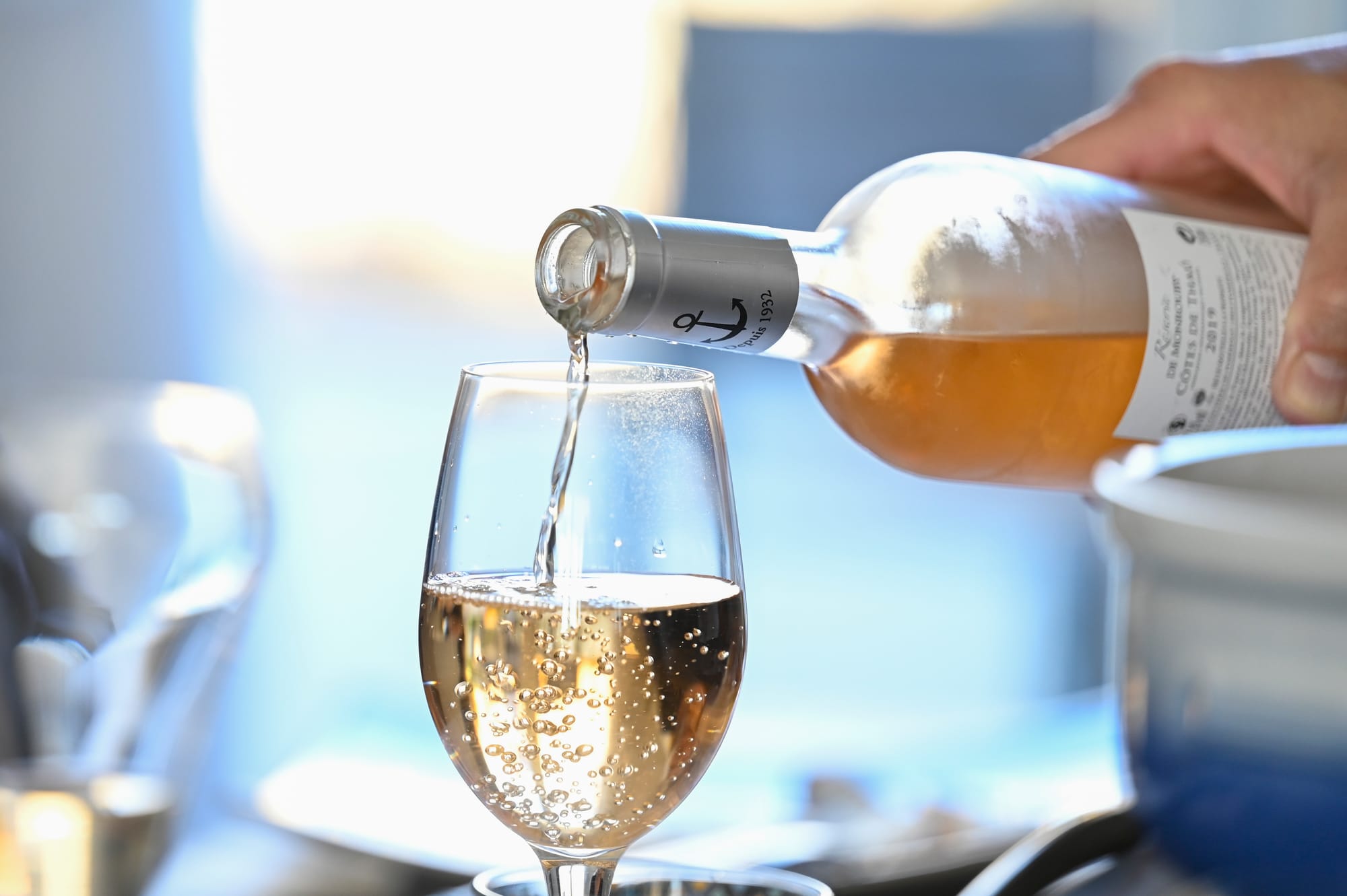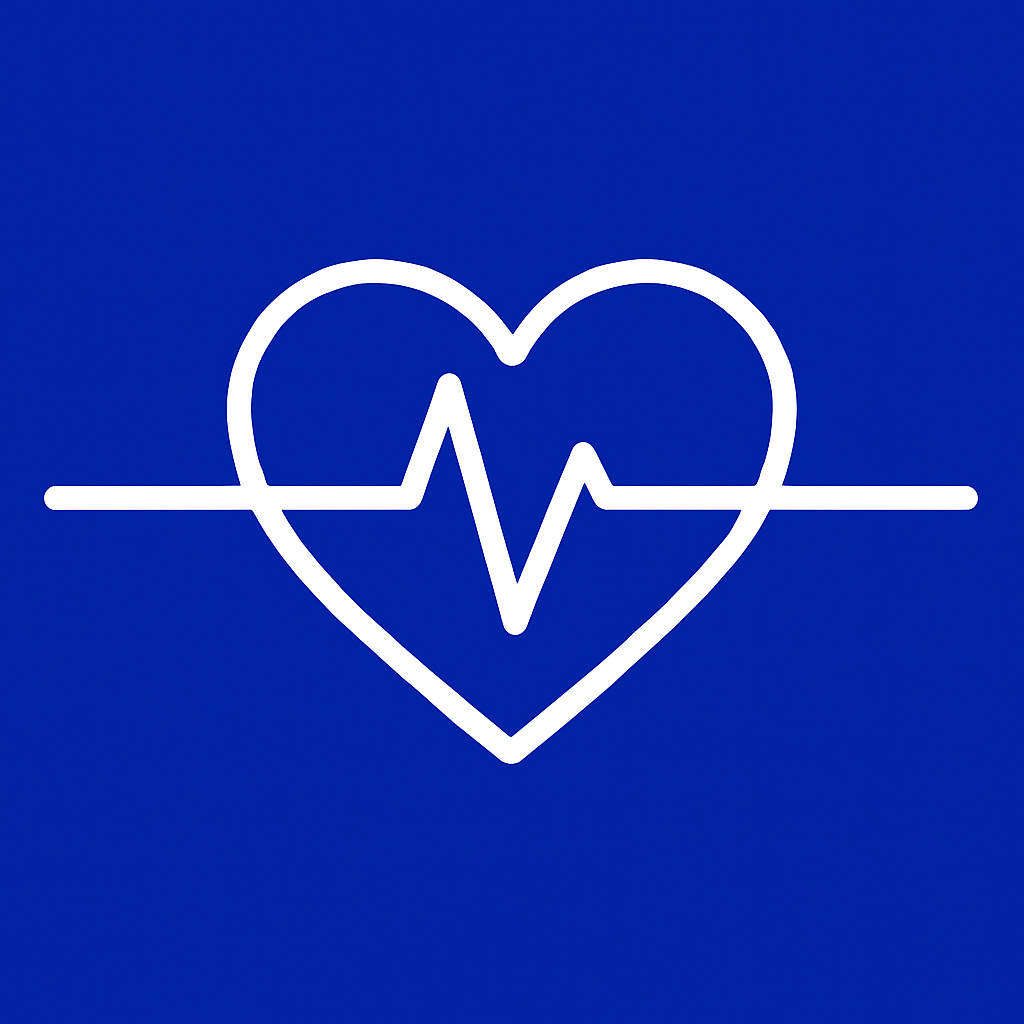Strong alcohol reduction policies work - but the EU stalls
WHO and IARC urge European governments to adopt stronger alcohol reduction policies, warning that high consumption is causing cancer

The International Agency for Research on Cancer (IARC) and WHO/Europe have joined forces to deliver a simple, evidence-based message: strong alcohol reduction policies save lives and save money.
“Alcohol causes at least seven types of cancer,” said Dr Elisabete Weiderpass, Director of IARC. “The IARC Handbooks establish, with no further doubt, that population-wide alcohol policies reduce drinking, and that reduced drinking lowers cancer risk.”
The IARC working group has identified the most effective interventions to reduce alcohol consumption. These include minimum pricing or increased taxation, raising the minimum age for purchase and consumption, reducing outlet density and hours of sale, and enforcing strong bans on marketing.
“The WHO European Region cannot afford the illusion that consuming alcohol is harmless,” said Dr Gundo Weiler, WHO/Europe Director for Prevention and Health Promotion. “Along with a better understanding of the real impact of alcohol, we now have much more evidence on how to actually reduce alcohol-attributable cancer cases and deaths in our Region. And the scale of potential lives saved is staggering – into the tens of thousands.”
93,000 cancer deaths
In 2020 alone, alcohol contributed to more than 93,000 cancer deaths in the European Region. “Some call alcohol ‘cultural heritage’, but disease, death and disability should not be normalized as part of European culture,” added Weiler. “With the handbooks, we have the clearest possible evidence on how to turn the tide.”
Alcohol has been a known carcinogen for years, and the EU Beating Cancer Action Plan promised change. But like many other preventive measures promised in the plan, progress has been slow and industry pressure enormous.
The plan included proposals to review EU legislation on alcohol taxation (2022), cross-border purchases by individuals (2022), a proposal for health warnings on alcohol bottles and cans ( 2023) and to introduce health warnings on packaging and mandatory ingredient and nutrition labelling (2023). Yet the process appears to have stalled behind lobbying and prolonged deliberation.
Why wait?
The science is clear, the evidence compelling, and the cost of inaction measured in lives lost. Europe has the tools to save tens of thousands of people each year from alcohol-attributable cancers - what’s needed now is the political will to use them.
